As Maryland’s senior population grows, the state has developed a robust network of free government programs designed to support seniors over age 50 in leading healthy, independent, and fulfilling lives. These programs offer assistance ranging from healthcare and nutrition to social engagement and housing support, tailored to help older adults maintain comfort and dignity while managing the challenges that come with aging. This guide explores the key government programs available throughout Maryland, highlighting options for residents in various cities and counties such as Baltimore, Montgomery, Prince George’s, College Park, Carroll, and Frederick, with essential facts and practical details to help seniors and their families navigate available resources.
Maryland Department of Aging and Local Area Agencies on Aging
The Maryland Department of Aging serves as a central hub for numerous senior services offered statewide. It coordinates with nineteen local Area Agencies on Aging, which act as accessible entry points for seniors seeking information, enrollment, and personalized assistance. These agencies provide case management, benefits counseling, and support with health insurance options including Medicare and Medicaid. Through these local agencies, seniors can obtain help with applications for state and federal programs and be connected to community-based services that meet their unique needs.
One critical program under the Department of Aging’s umbrella is the Maryland Access Point (MAP), which functions as a single point of entry for long-term services. MAP staff assess individual circumstances to tailor recommendations for care, housing, and other supports that empower seniors to remain safely in their homes or community settings. Counties like Baltimore, Montgomery, and Prince George’s operate MAP offices to assist residents.
Senior Care and Long-Term Services
Maryland’s Senior Care Program targets older adults at risk of nursing home placement, providing case management and funding for services that help them stay in their homes with dignity. Eligibility generally includes being 65 or older, meeting income and asset limits, and requiring assistance with daily living activities such as dressing, mobility, or eating. Services offered through Senior Care vary by county but often include adult day care, chore services, home-delivered meals, personal care, medication management, and transportation assistance.
For example, Carroll County offers the Senior Care Program with specific income and asset criteria and provides in-home services as well as adult day care. Prince George’s County extends similar supports and adds programs like Senior Assisted Living Group Home Subsidy, which financially assists low-to-moderate-income seniors living in assisted living facilities.
Nutrition and Wellness Programs
Nutrition plays a vital role in senior health, and Maryland offers targeted programs like the Senior Nutrition Program, which provides hot, nutritious meals to seniors both at group sites and through home delivery. Programs such as Meals on Wheels operate across the state, including in Frederick and Baltimore counties, ensuring seniors facing mobility or transportation issues continue receiving proper nutrition.
Wellness programs are available at numerous senior centers throughout Maryland, promoting active lifestyles through fitness classes, social activities, and educational workshops. Notably, Baltimore County operates 21 senior centers with free membership for adults over 60, and some centers accept younger seniors starting at age 50. These centers provide exercise facilities, community events, and access to virtual programming, fostering social connections that are essential for mental and emotional well-being.
Transportation Services and Social Engagement
Accessible transportation services are a lifeline for many seniors, enabling them to attend medical appointments, shop for essentials, or participate in social activities. Montgomery County’s senior services include transportation programs tailored to individuals aged 55 and older, while cities like College Park offer prioritized rides for older adults attending medical visits within the community.
Social engagement programs extend beyond transportation. The Golden Identification Card Program at the University of Maryland College Park encourages seniors aged 60 and older to engage in lifelong learning by offering access to university courses, libraries, and cultural events at reduced or no cost. Such initiatives enrich seniors’ lives by supporting intellectual growth and community involvement.
Financial Assistance and Tax Credits
Maryland recognizes the financial challenges many seniors face and has instituted several programs to provide relief. In College Park, homeowners aged 65 and above who meet residency and property value criteria can benefit from a city property tax credit program that helps reduce their tax burden for up to five years.
In addition, programs like the Senior Assisted Living Subsidy across various counties help subsidize the costs of assisted living for eligible seniors. These programs have income and asset limits but are essential in making assisted living a feasible option for many Maryland seniors.
Medicare and Prescription Drug Assistance
Navigating healthcare and medication costs can be daunting, and Maryland supports seniors through programs such as the State Health Insurance Assistance Program (SHIP) which offers free, unbiased counseling on Medicare options and benefits. The Senior Prescription Drug Assistance Program (SPDAP) provides financial subsidies for prescription drug costs to moderate-income Medicare recipients who live in Maryland.
Caregiver Support and Protective Services
Recognizing the vital role caregivers play, Maryland offers resources such as adult protective services to safeguard seniors from abuse or neglect. Caregiver support programs also provide assistance and respite to those caring for elderly family members or friends, helping alleviate stress and promote sustainable caregiving.
How to Access Maryland Senior Programs
To access these free government programs, seniors or their families can contact their local Area Agency on Aging or Maryland Access Point. Many counties also offer direct phone lines and online resources. It’s advisable to reach out early, as some programs have waiting lists or specific application deadlines.
Cities like Baltimore, College Park, and Frederick have dedicated offices to assist seniors with program enrollment, benefits counseling, and social services. Utilizing these local resources ensures seniors receive personalized guidance to make the most of available support.
Conclusion
Maryland’s government programs for seniors over age 50 provide comprehensive support designed to enhance quality of life, foster independence, and ensure access to essential services. From health and nutrition to housing, financial relief, and social engagement, these programs reflect a commitment to meeting the diverse needs of Maryland’s aging population across the state’s many cities and counties. Seniors and their families are encouraged to explore these resources to secure the assistance and opportunities they deserve for a vibrant and supported later life.


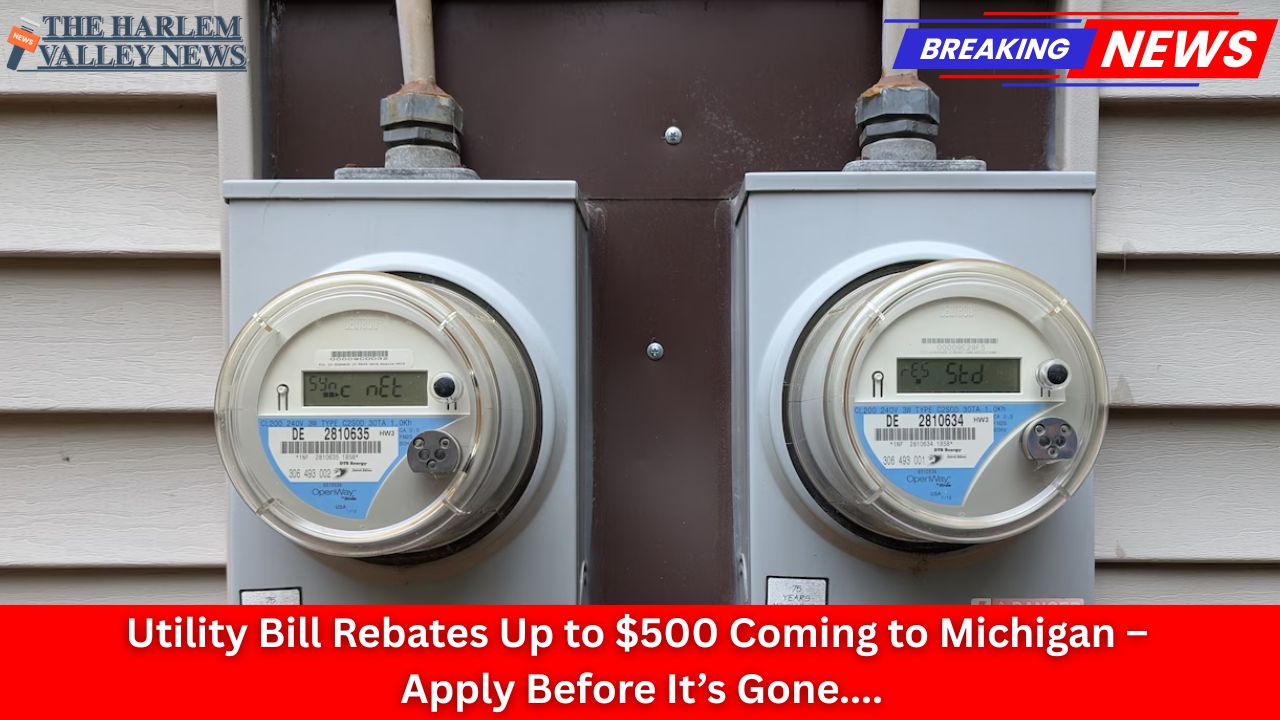
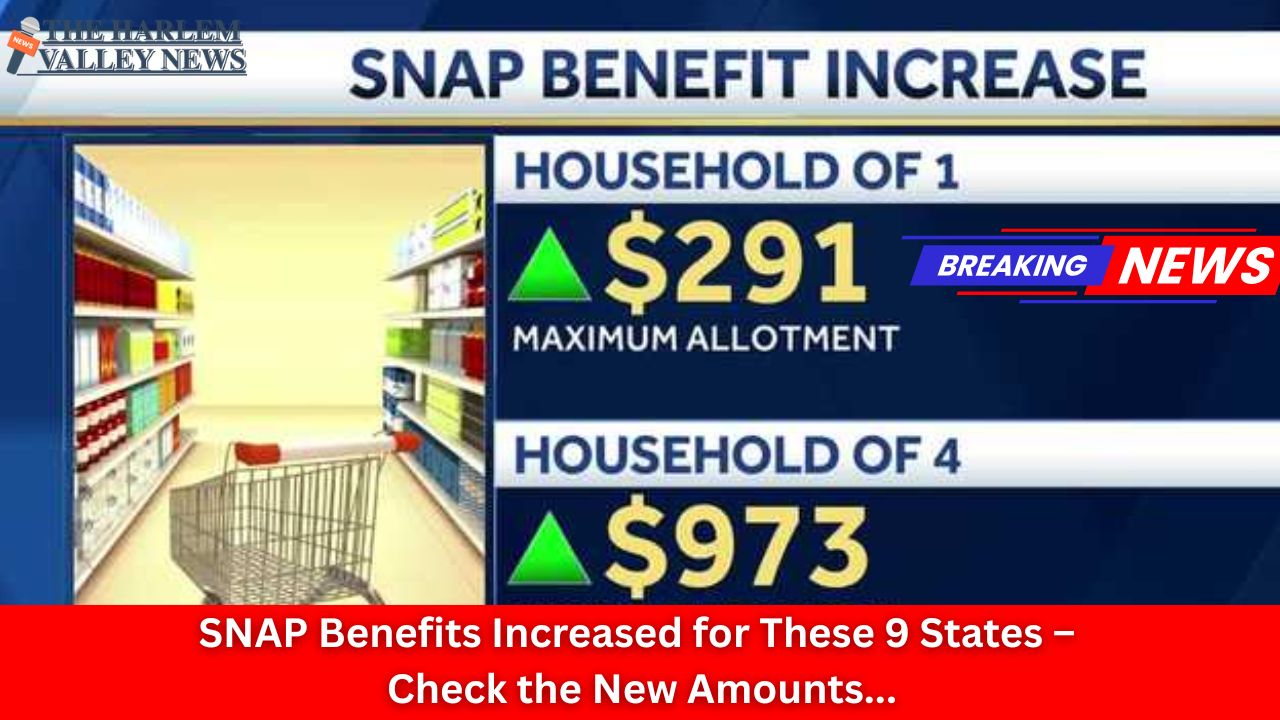
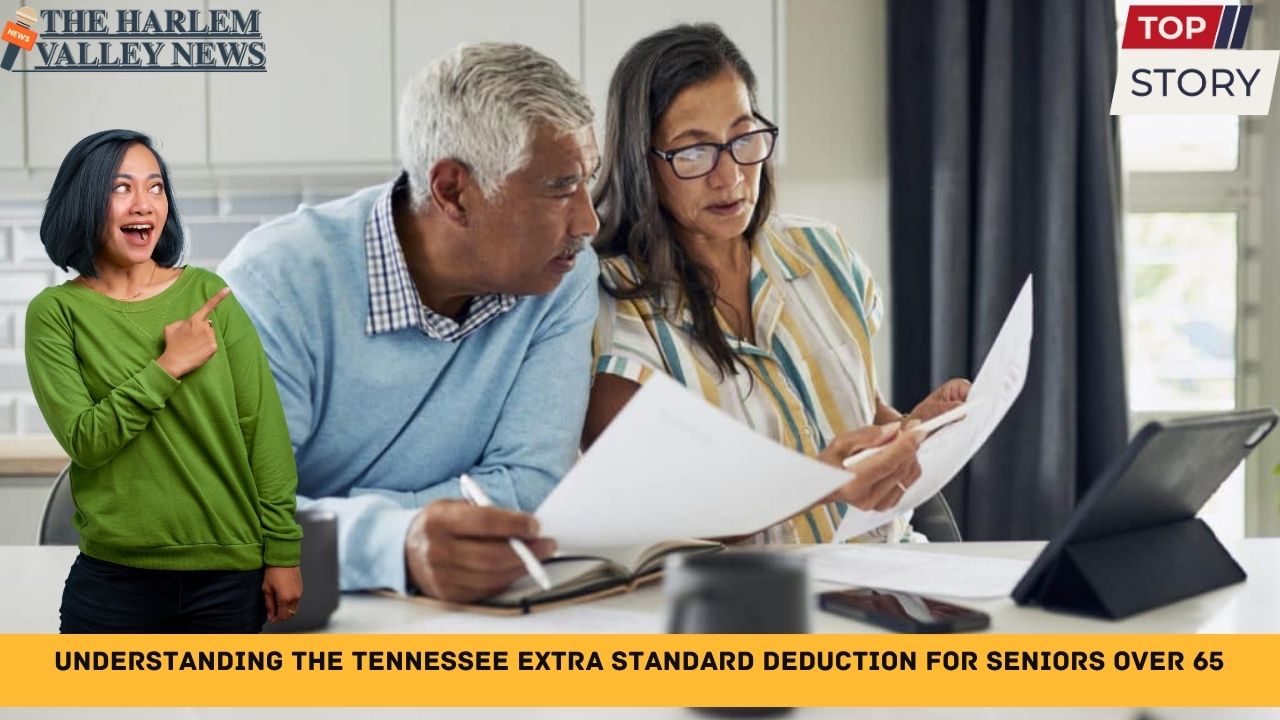
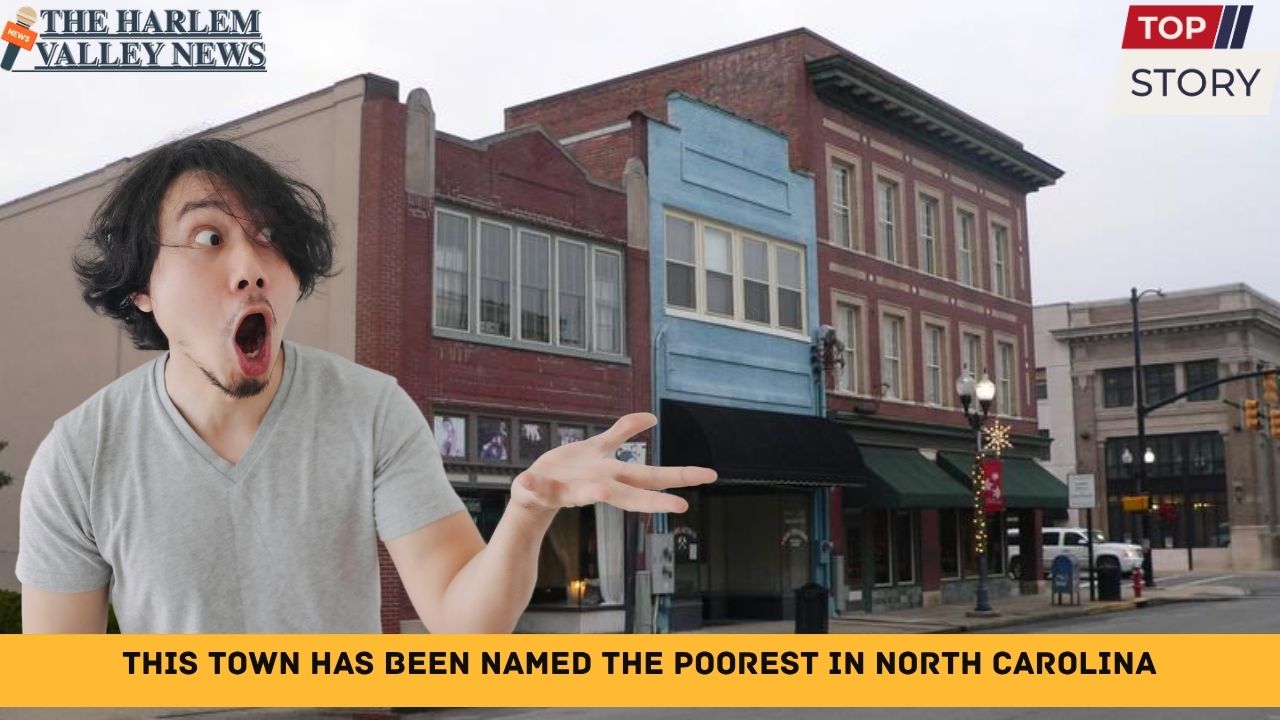
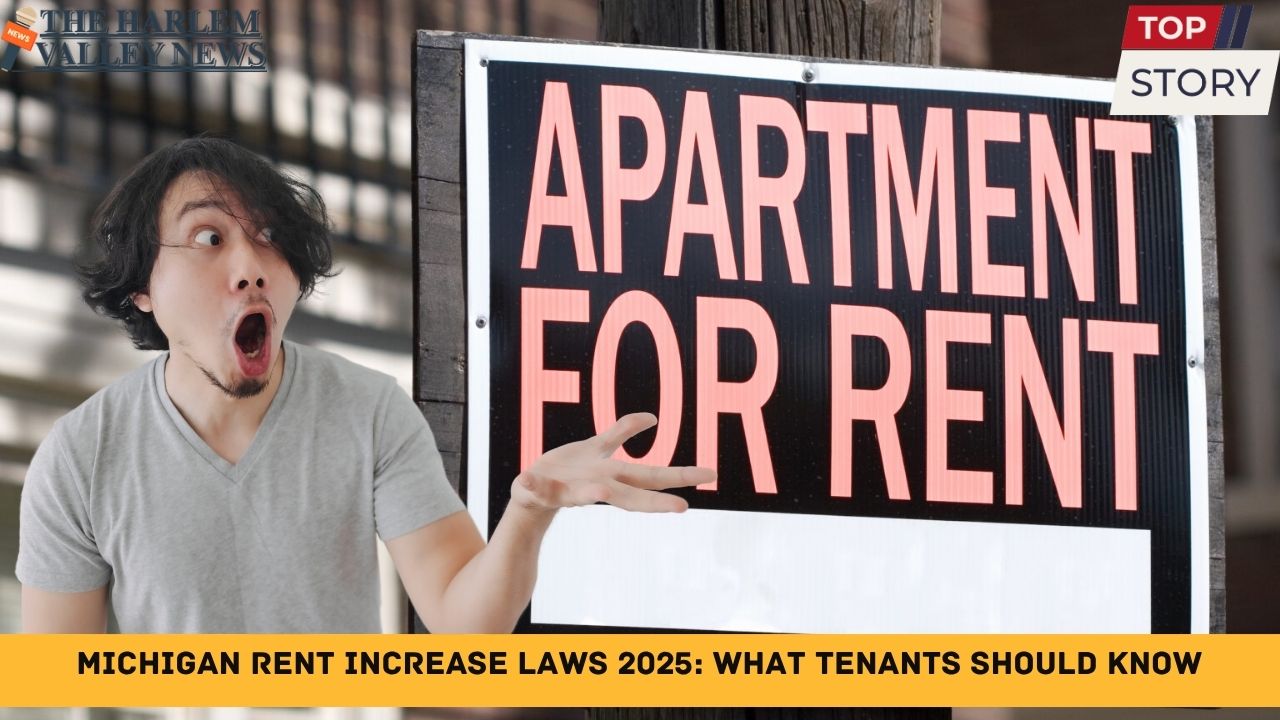
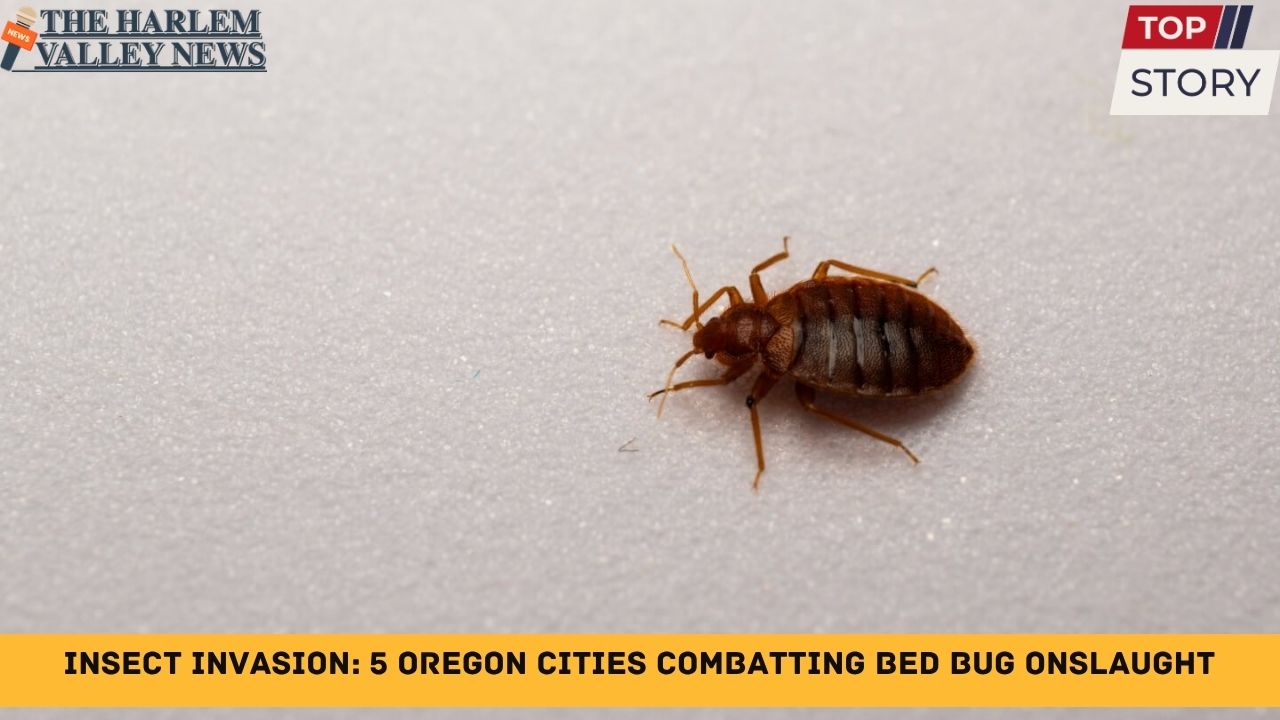

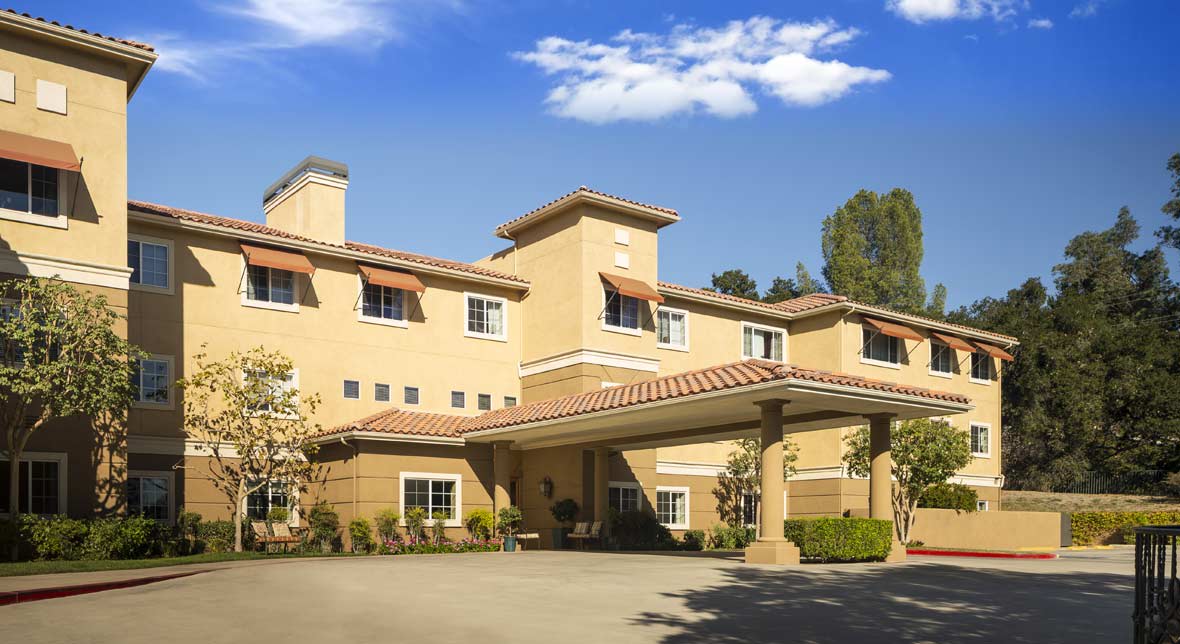
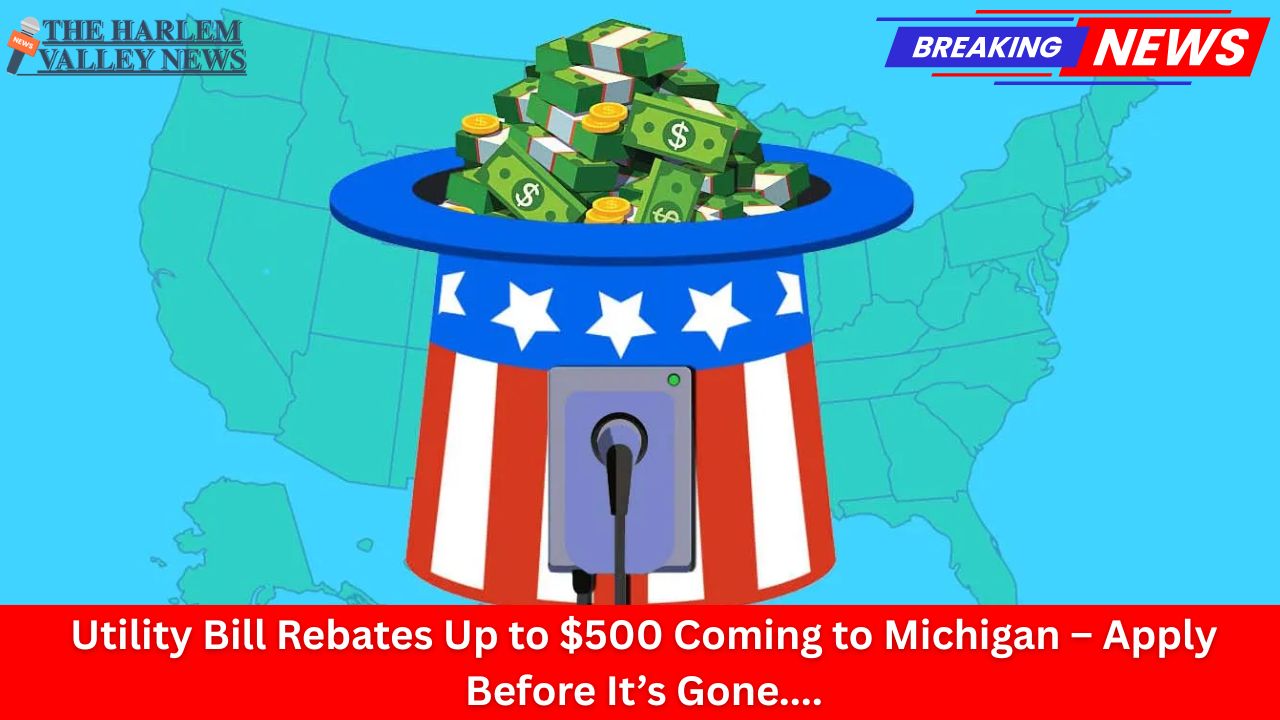
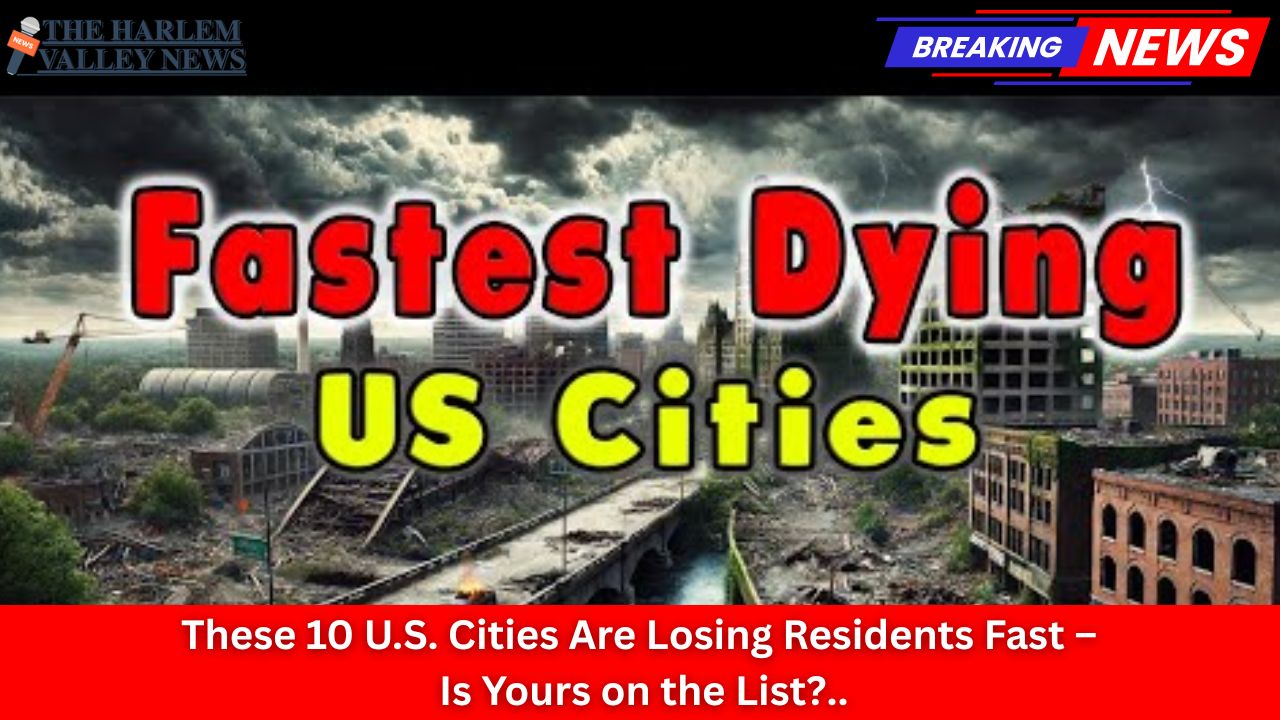


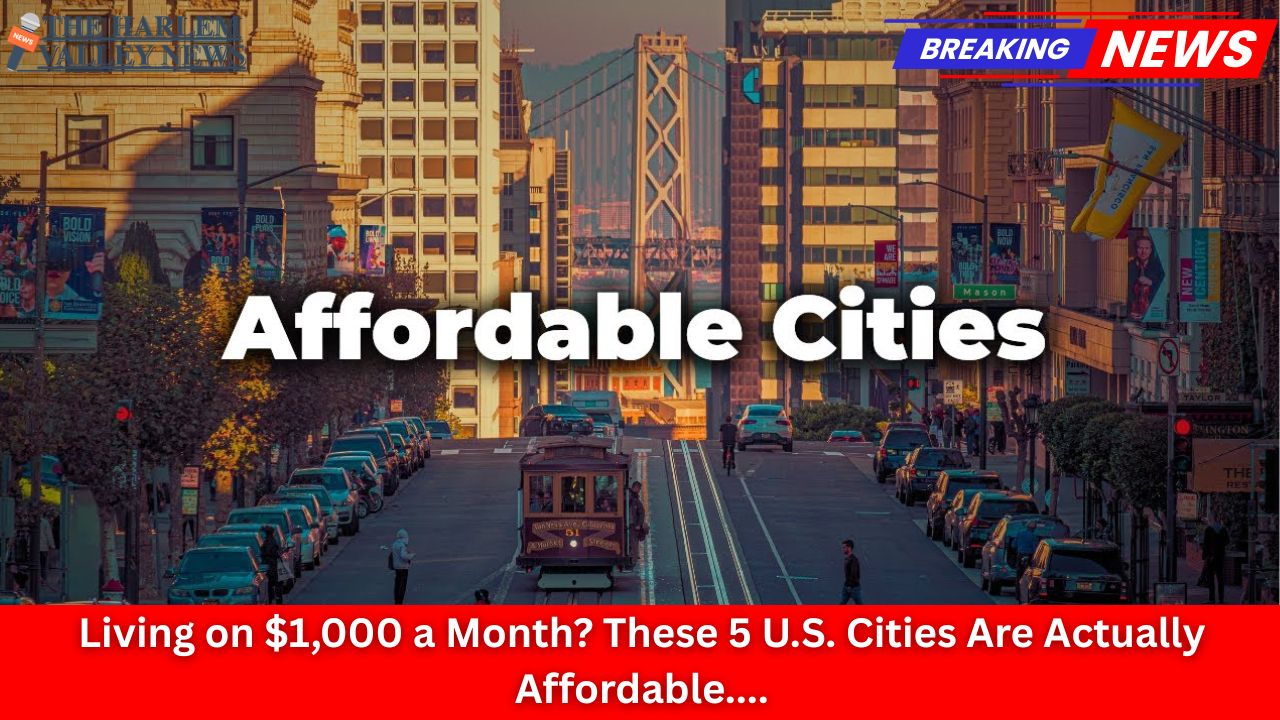
Leave a Reply